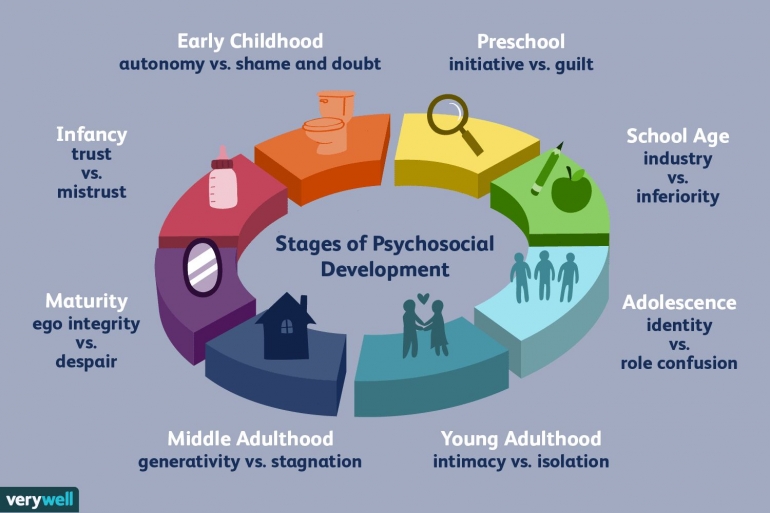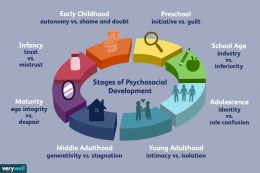Stage 4: Industry vs. Inferiority (5 - 13 years)
Children compare themselves to other children during this period, wanting to participate in a range of activities and attain a number of goals. Children can already perceive their own and their classmates' strengths and are eager to put them to the test. They insist on taking on more hard tasks. They want to take part in all the events that have transpired, and as a result, the "I'll race you till..." and fury emerge when they lose a game or a competition.
Positive stimulation from parents, teachers, and friends is critical, as is recognizing their accomplishments and assisting them in determining how far they can go in their difficulties based on realities, so that they do not become stuck in inferiority.
Stage 5: Identity vs. Confusion (13 - 21 years)
During this stage, teenagers are constantly asking themselves, "Who am I?" It is the point at which they shape their own identity, deciding who they want to be and what role they want to play in society. Social life takes on a new significance because of this.
Stage 6. Intimacy vs. Isolation (21 - 40 years)
Throughout these years, the individual's surroundings and social life lose importance, and the individual draws some invisible lines on things that the individual is no longer willing to compromise on to satisfy others. They give priority to the most personal partnerships that require a mutual commitment.
Stage 7. Generativity vs. Stagnation (40 - 60 years)
This is the point when the individual spends more time with his family. You try to be productive so that you can provide a decent future for your loved ones; you attempt to be and feel valuable in this way. It plagued us with the perpetual question, "What am I doing here, and is it truly beneficial for anything?"
Stage 8: Stage 8: Integrity vs Despair (from the age of 60)
The individual's manner of life has been entirely transformed. He or she is no longer as productive as before, and one cannot stop gazing back in time. This glance back in time might generate nostalgia and misery, or it can elicit a sense that what has been accomplished has been worthy. Having one or many visions can help us deal with the physical changes of aging and the sadness that comes with them in a more or less positive way.









